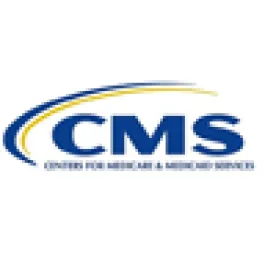On February 11th, blockchain advocates, digital health enthusiasts, and patients received positive news from the Center for Medicare and Medicaid Services (“CMS”) and the Office of the National Coordinator for Health Information Technology (“ONC”) regarding patient data sharing. These rules, taken together, seek to make data more liquid, which can promote patient access, continuity of care, research, collaboration across the industry and several other activities that previously faced challenges within a health care system built on data silos.
First, CMS published a proposed rule that seeks to increase interoperability and patient access to health records. CMS Administrator, Seema Verma, explained that the proposal seeks to “break down existing barriers to important data exchange needed to empower patients by giving them access to their health data.” Second, ONC published a proposed rule aiming to deter and penalize information blocking. As a result of lack of interoperability and information blocking, data sharing has been challenging across the industry and patients have historically struggled to gain access to their health records, which health providers and payors claimed they owned. These proposed rules take notable steps to open avenues for data sharing and shift the role of patients with respect to their own health data.
The CMS proposed rule requires Medicare Advantage (“MA”) organizations, state Medicaid and Children’s Health Insurance Program (“CHIP”) Fee for Service (“FFS”) programs, Medicaid Managed Care Plans, CHIP managed care entities, and Qualified Health Plan (“QHP”) issuers in federally facilitated exchanges (“FFE”) to (1) provide convenient access to health care records to patients, (2) support the electronic exchange of data for transitions of care as patients move between the aforementioned plan types, and (3) require participation in trust networks to improve interoperability. Additionally, the proposed rule requires Medicare-participating hospitals, psychiatric hospitals, and Critical Access Hospitals (“CAHs”) to send electronic notifications when a patient is admitted, discharged, or transferred.
The ONC proposed rule establishes conditions for maintaining electronic health record (“EHR”) certification centered around preventing information blocking and developing technical methods for data sharing. Specifically, health IT developers will be required to (1) attest not to engage in information blocking, (2) include application programming interfaces (API) in certified EHR technology, and develop common data export formats to allow for transitions of care, data sharing, and EHR switching. It is also important to note that the proposed rule established seven explicit exceptions to the information blocking prohibition, including promoting privacy and security of health information.
These rules could serve as a watershed moment in terms of data ownership, sharing and patient access. Yet, these rules could be disruptive to the way stakeholders in healthcare have historically operated relative to each other and the patients they serve. In any case, the regulators have sent their message . . . the “walls” must come down and data ought to flow more freely.
CMS and ONC have requested that stakeholders provide comments within 60 days of issuance of the proposed rule.




 />i
/>i

